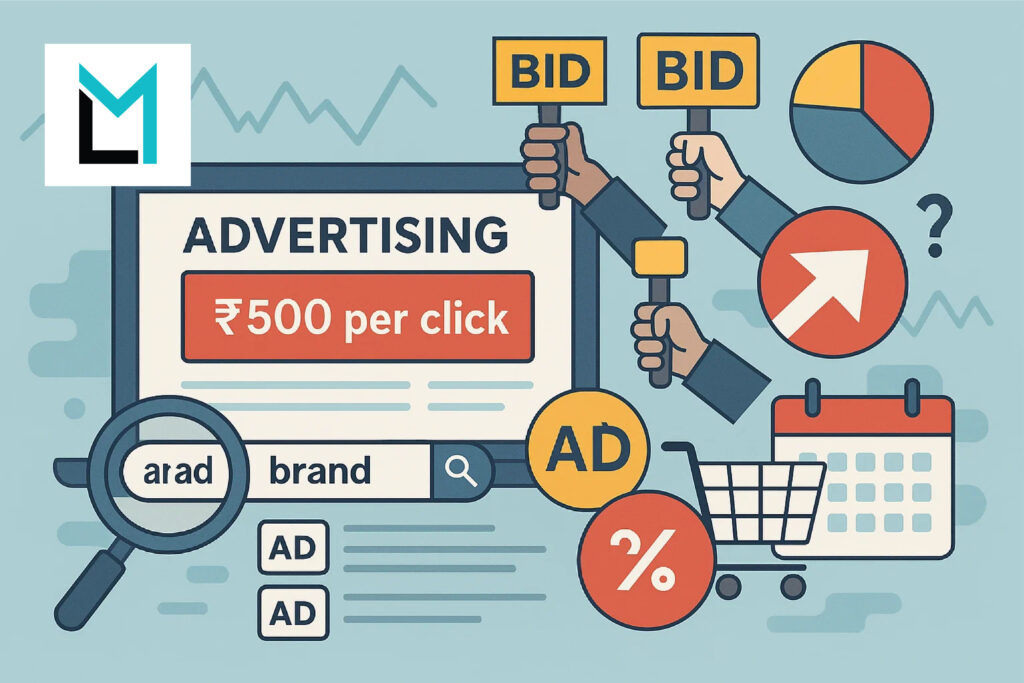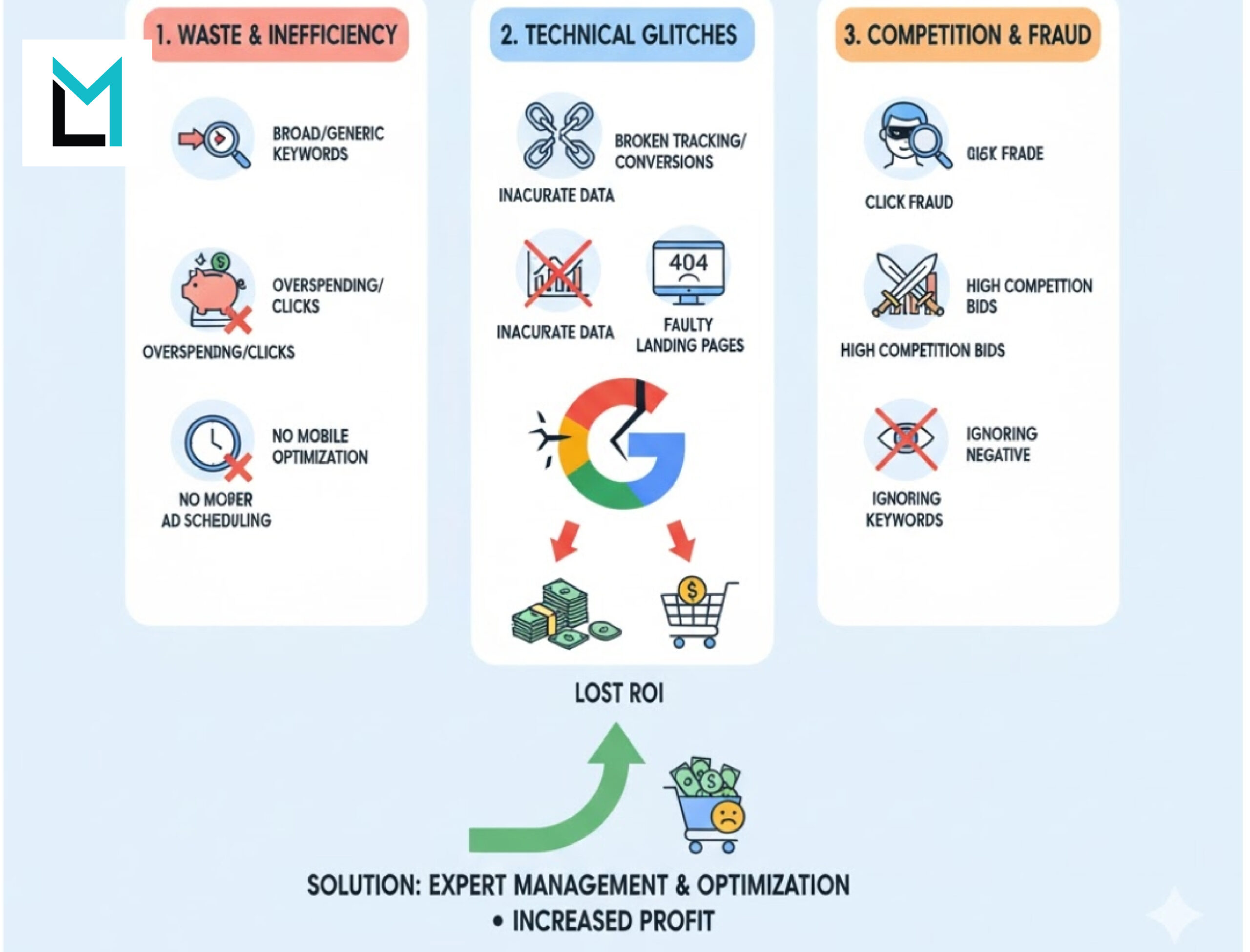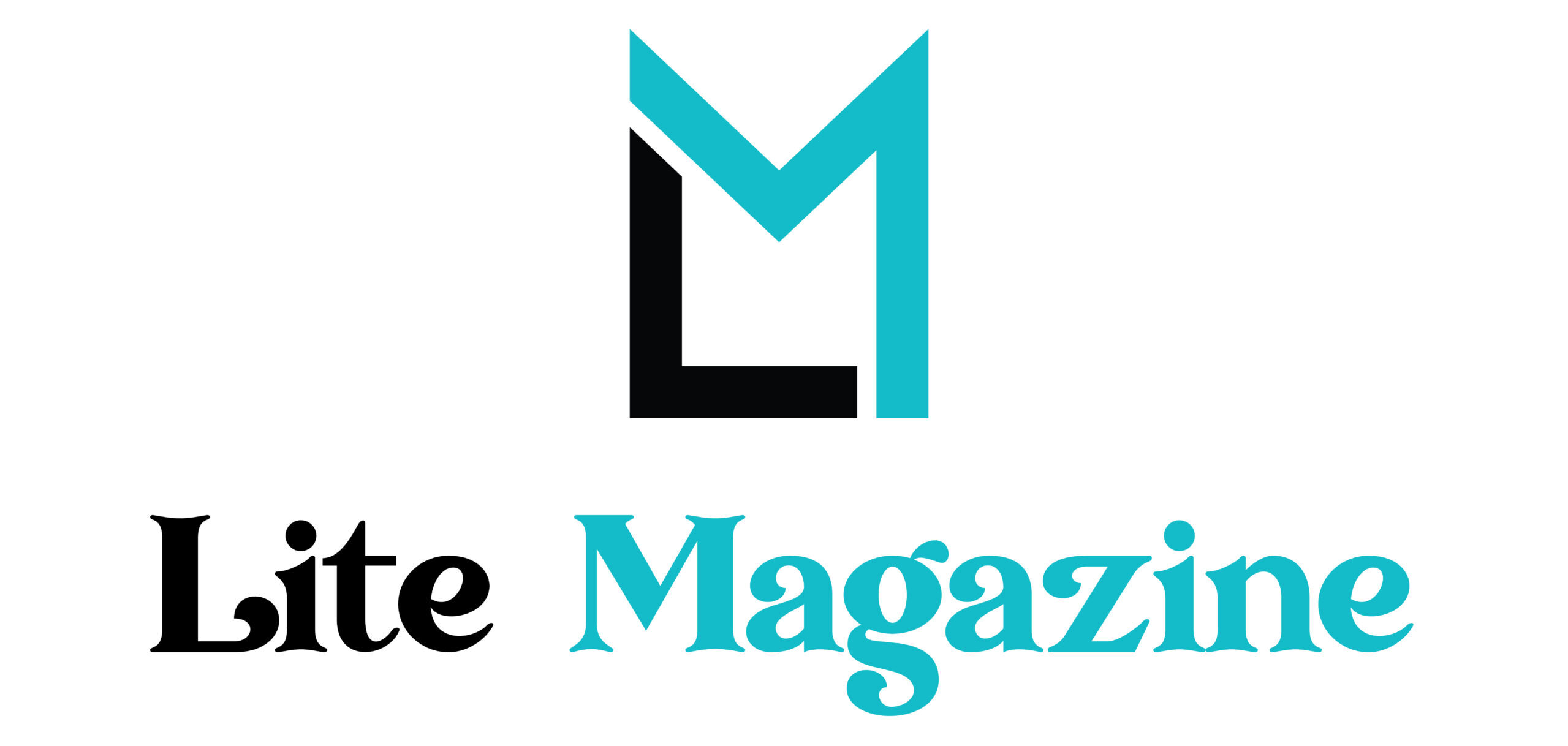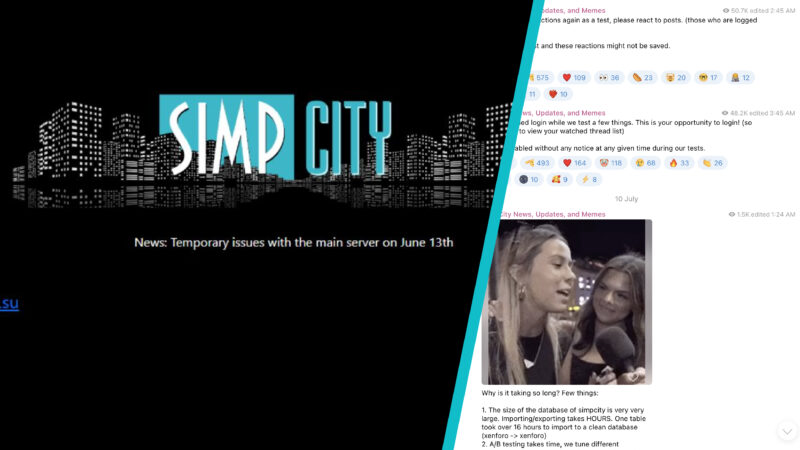A manufacturing company owner called me furious last month. He’d spent ₹4.2 lakhs over five months on campaigns that generated exactly three legitimate leads. When I audited his account, I found dozens of problems bleeding money daily broad match keywords triggering irrelevant searches, no negative keywords blocking waste, campaigns bidding on his own brand name against himself, and landing pages that hadn’t been updated since 2019. His account was basically a money shredder running 24/7.
The scary part? His situation isn’t unusual. Research shows programmatic advertising waste hit $26.8 billion globally in Q2 2025 alone, up 34% from two years earlier. Most businesses have no idea how much of their budget evaporates through entirely preventable mistakes.
The Keyword Disaster Most Businesses Don’t Recognize
The biggest budget killer I see constantly is poor keyword strategy that triggers ads for searches having nothing to do with what businesses actually sell. Someone selling premium leather office chairs bids on “office chairs” using broad match, then wonders why they’re getting clicks from people searching “office chair exercises” or “how to fix office chair wheel”. Every irrelevant click drains budget without any possibility of converting.
Neglecting proper keyword research creates this problem from the start. Many advertisers pick obvious head terms without understanding searcher intent or competitive dynamics. They miss long-tail keywords that attract qualified buyers further along the purchase journey. Someone searching “best ergonomic office chair for back pain under 20000” has far higher purchase intent than someone just searching “office chair,” but businesses ignore these specific phrases.
The match type confusion makes things worse. Google defaults to broad match, which shows ads for searches Google thinks are related to your keywords. That sounds convenient until you realize “related” can mean very loosely connected. Broad match without smart bidding and extensive negative keywords is basically paying Google to show your ads to anyone they feel like.
Single-keyword ad groups that were best practice five years ago now waste efficiency. Google’s own guidance recommends themed ad groups with related keywords grouped together so the algorithm can optimize across the entire theme. Having 50 ad groups each containing one keyword segments data unnecessarily and prevents the bidding system from finding the best optimization opportunities.
Continue Reading: Crew Disquantified Org: An In-Depth Exploration of a Unique Organizational Model
Most devastating is the complete absence of negative keywords. Businesses run campaigns for months without ever reviewing search term reports to identify irrelevant queries triggering their ads. A pest control company bidding on “bed bug treatment” needs negative keywords for “bed bug treatment DIY,” “bed bug treatment home remedies,” “bed bug treatment cost,” and dozens of other searches from people not looking to hire professionals. Without these negatives, budget burns on clicks that will never convert.
Account structure problems compound keyword issues. Campaigns organized by arbitrary categories rather than business objectives make optimization nearly impossible. Device segmentation that made sense years ago now just prevents Smart Bidding from working properly. Duplicate keywords across multiple match types segment the conversion data the algorithm needs to optimize effectively.
The Ad Copy Mistakes That Kill Click-Through Rates
Even when keywords work correctly, terrible ad copy means nobody clicks, or worse—wrong people click then immediately bounce. The most common error is focusing on features instead of benefits. “5-blade stainless steel construction” doesn’t resonate like “Perfectly smooth results in half the time”. People don’t buy specifications—they buy outcomes and solutions to problems.
Weak headlines doom ads before anyone reads further. Only 20% of people engage with content beyond headlines, making that first line absolutely critical. Generic headlines like “Buy Office Furniture” get ignored. Specific, benefit-driven headlines like “Premium Office Chairs That End Back Pain” grab attention from people experiencing that exact problem.
Missing the unique selling proposition means ads blend into noise. In competitive auctions, you need crystal-clear differentiation explaining why someone should choose you over the three other ads showing simultaneously. “Free delivery” doesn’t differentiate when everyone offers it. “Lifetime warranty with on-site repair” might actually stand out.
Poor relevance between keywords, ads, and landing pages tanks Quality Score, which increases what you pay per click dramatically. Someone searching “leather office chairs” who clicks an ad mentioning leather chairs expects the landing page to show leather chairs prominently. Landing on a generic furniture catalog page creates friction that drives them away while you’ve already paid for the click.
Many businesses write ads once and never test variations. They have no idea if different headlines, descriptions, or calls-to-action might perform 30-50% better because they never bother finding out. Meanwhile, competitors testing systematically keep improving while stagnant ads slowly decline in effectiveness.
Not using ad extensions wastes free visibility. Sitelinks, callouts, structured snippets, and other extensions make your ads larger and more informative without costing extra. Yet I constantly see accounts running bare-bones ads that occupy minimal space while competitors dominate the page. That’s like paying for a billboard then only using the bottom quarter of it.
Strategic Budget Allocation Nobody Gets Right

Beyond technical mistakes, most businesses allocate budgets based on guesswork rather than performance data. They split budgets evenly across campaigns when some campaigns convert at 5x the rate of others. The high-performers run out of budget mid-afternoon, while underperformers keep burning money all day delivering poor results.
Competitive bidding creates another waste scenario. In highly competitive industries, businesses get into bidding wars that drive costs up without proportionally increasing returns. Someone willing to pay ₹500 per click just to outrank competitors might win the auction but lose money on every conversion. Smart bidding focuses on profitable positions, not necessarily top placement.
Brand bidding often gets mishandled too. Some businesses don’t bid on their own brand terms, allowing competitors to steal traffic from people specifically searching for them. Others bid aggressively on competitor brands without realizing those clicks rarely convert because brand loyalty is strong. The strategy requires nuance—you need enough brand coverage to protect your traffic, but pouring budget into competitor terms usually wastes money.
The conversion tracking problems create the worst budget waste because they’re invisible. Businesses think campaigns are working when they’re actually losing money on every conversion. Tracking page views as conversions instead of actual purchases means the algorithm optimizes toward worthless actions. Missing transaction values prevents the system from distinguishing ₹5,000 sales from ₹50,000 sales, treating them equally when they shouldn’t be.
Seasonal fluctuations get ignored entirely. Businesses run campaigns at consistent budgets year-round when demand varies dramatically by season. They should be scaling up during high-demand periods when conversion rates are elevated and scaling back during slow seasons. Instead, they waste money fighting for traffic during times when nobody’s buying.
Why Professional Management Prevents These Money Drains
This is where a google ads agency becomes invaluable for businesses serious about results rather than just activity. Professionals conduct thorough keyword research that identifies high-intent terms your competitors miss. They build comprehensive negative keyword lists that prevent waste before it happens. They structure accounts according to current best practices that maximize algorithm efficiency rather than outdated tactics that worked five years ago.
The ad copy gets handled strategically too. Agencies write benefit-focused messaging that resonates with target audiences. They implement systematic testing programs that continuously improve performance through data-driven refinement. They ensure perfect relevance alignment between keywords, ads, and landing pages to maximize Quality Score and minimize costs.
Budget allocation becomes strategic rather than arbitrary. Professionals shift spending toward high-performing campaigns and away from underperformers. They adjust bids based on device, location, time, and audience signals rather than using one-size-fits-all approaches. They implement appropriate bidding strategies matched to specific campaign goals—Target CPA for lead generation, Target ROAS for ecommerce, Maximize Conversions for volume-focused efforts.
Conversion tracking gets configured properly from day one. Agencies set up enhanced conversion tracking that captures transaction values, customer lifetime value indicators, and meaningful business outcomes. They distinguish between micro-conversions that indicate progress and macro-conversions that represent actual business value. The algorithm gets clean, accurate data to optimize toward real results rather than vanity metrics.
Competitor analysis informs strategy without creating wasteful bidding wars. Professionals use tools to understand what competitors target and where opportunities exist. They find gaps in competitor coverage that represent easier wins. They know when aggressive competitor bidding makes sense and when it’s smarter to focus elsewhere.
The Continuous Monitoring That Stops Waste Before It Compounds
Budget waste doesn’t happen all at once—it accumulates gradually as campaigns drift from optimal settings. Search query patterns shift. Competitors adjust strategies. New irrelevant searches start triggering ads. Google platform updates change how features work. Without constant monitoring, efficiency slowly degrades until campaigns barely break even.
Professional management includes daily monitoring that catches problems immediately. When new irrelevant searches appear in reports, they get added as negatives before wasting significant budget. When campaigns start overspending or underdelivering, adjustments happen within hours rather than weeks. When competitive dynamics shift, strategies adapt before losing ground permanently.
The search term reports get reviewed religiously to identify both waste and opportunity. Every week brings new search queries that reveal either problems needing fixes or opportunities worth expanding. Businesses managing their own accounts often ignore these reports for months, allowing waste to compound while missing growth opportunities.
Quality Score monitoring prevents gradual performance degradation. When scores drop, professionals investigate why—is ad relevance slipping, have landing pages slowed down, are competitors improving faster?. They fix issues before Quality Score drops tank performance and increase costs. DIY managers often don’t even know Quality Score exists, much less monitor it proactively.
Stopping the Budget Bleeding
Every day campaigns run with these problems, money evaporates that could’ve driven business growth. The businesses that thrive aren’t necessarily spending the most—they’re the ones allocating every rupee strategically based on data rather than hope.
Working with a best google ads agency eliminates waste through expertise businesses can’t easily replicate internally. You get proper keyword research, strategic account structure, compelling ad copy, smart budget allocation, accurate conversion tracking, and continuous monitoring that prevents efficiency degradation. Most importantly, you stop throwing money at problems that professionals would prevent entirely.
The alternative is continuing to burn 20-40% of your budget on avoidable mistakes while competitors using professional management capture market share with superior efficiency. Campaign success requires hundreds of decisions made correctly daily—keyword additions and exclusions, bid adjustments, copy refinements, budget reallocations, and strategic pivots based on performance patterns.
Making all those decisions optimally demands expertise that takes years to develop, or immediate access through partnerships with specialists who already possess that knowledge. Smart businesses recognize that advertising optimization isn’t their core competency, so they work with professionals whose entire focus is squeezing maximum performance from every advertising rupee.
The choice comes down to this: keep losing money to preventable mistakes while wondering why advertising “doesn’t work,” or partner with experts who eliminate waste and transform campaigns into profitable growth engines. The businesses winning in competitive markets have already made that decision.










